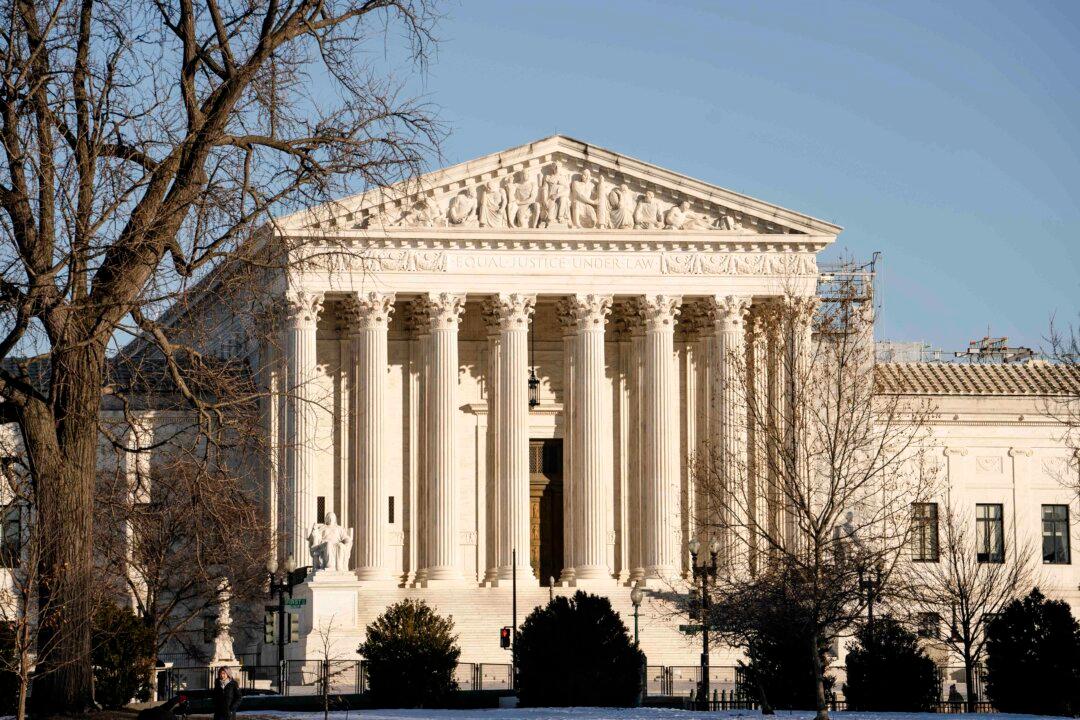The U.S. Supreme Court vacated a Colorado man’s conviction under a habitual criminal statute, directing a state appeals court to reconsider the case in light of a ruling the justices made last year.
A habitual criminal statute enhances the sentence for a person convicted of multiple crimes.





